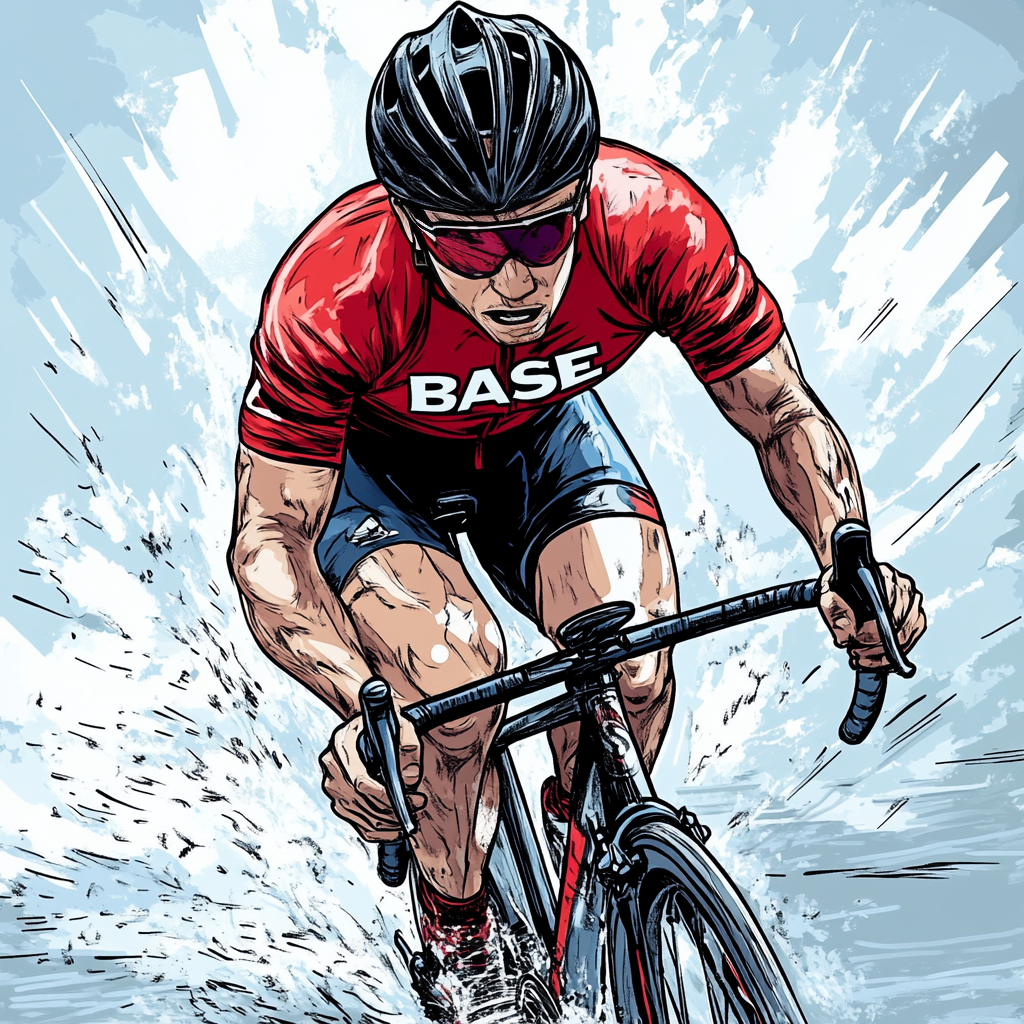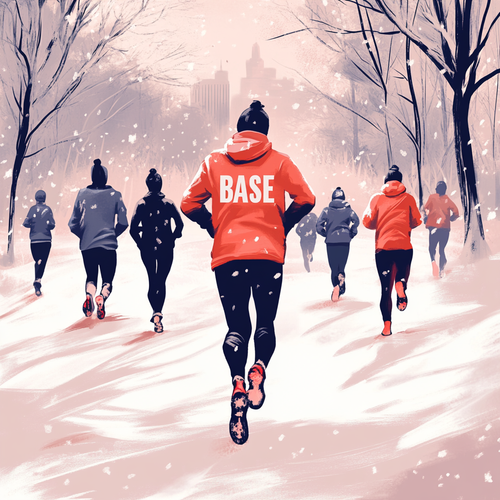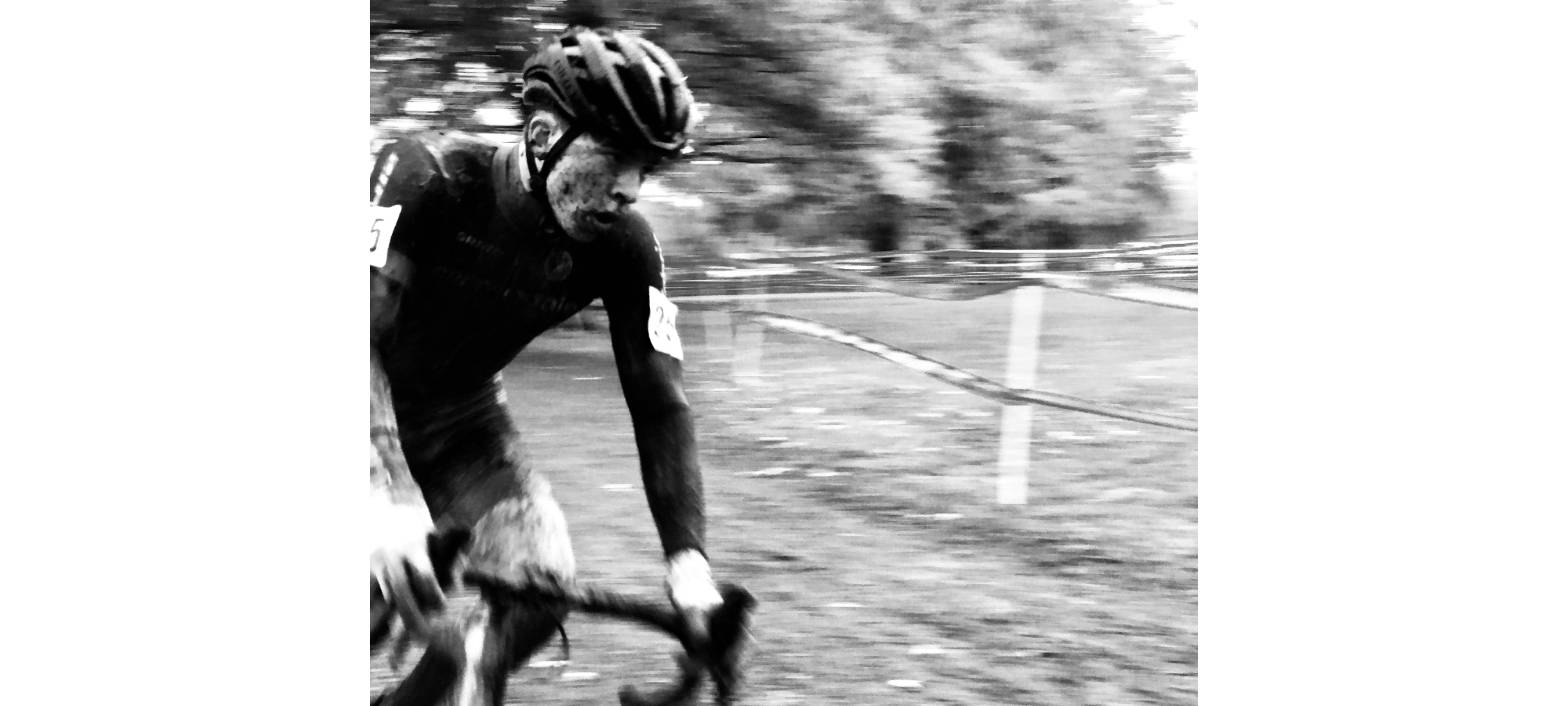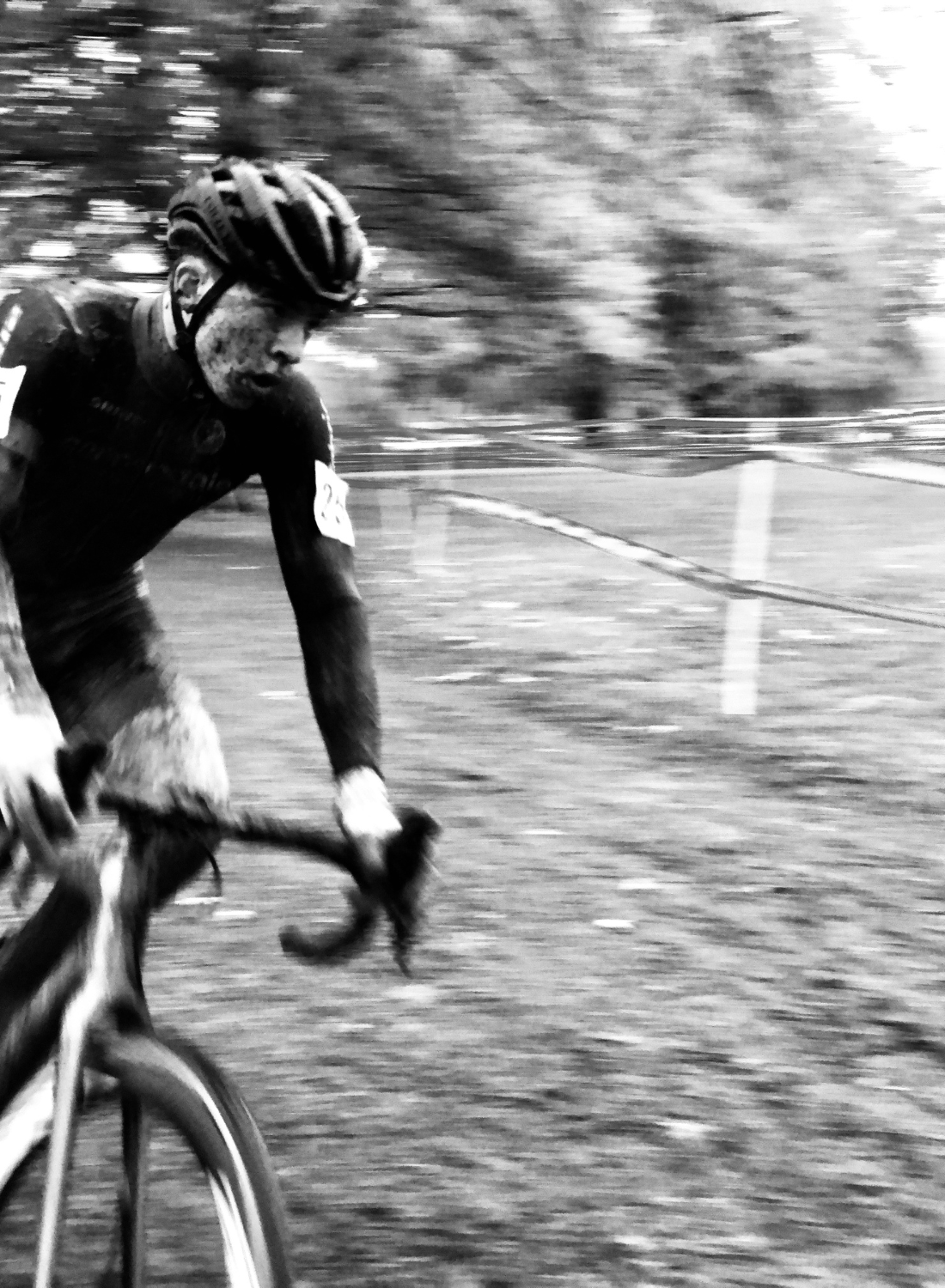Against the Grain Mental Tips - By Lesley Smith
We do endurance sports because an active lifestyle adds positivity to our lives. Whether it is the physical and mental health benefits, sense of community, or the satisfaction that comes from overcoming the challenges, we pursue the training and racing because of the overall positive effect in our lives.

It is just simply unrealistic to expect feeling of good vibrations every day during each workout and in these instances, feelings of negativity around your training or racing may arise. In trying to counter these feelings, reframe your mental state by remembering the following:
You do not have to feel motivated in order to get the work done.

Mark Manson, my favorite blogger wrote an article that drastically changed the way I view the focused mental state of motivation. While there should be plenty of workouts in which you feel pumped, there will certainly be times you just do not feel like doing anything. In summation, he states that we typically assume motivation is needed BEFORE action. In reality, action can be the thing that creates motivation and subsequently more action.

How is this applied to triathlon? Let’s say you are having trouble getting out the door for a run. Simply lacing up the shoes and taking those first few strides can spark all the motivation you need to keep going and complete the workout.

You can give yourself an 'out' before you start a workout.
Conventional wisdom would say that if you commit to something, do not give yourself an easy escape. Approach every workout and race with the mindset that you WILL succeed.

This ‘failure is not an option’ ideal is great when it comes to your overall commitment to the sport and the lifestyle. Though, when it comes down to the day-by-day, workout-by-workout part there are times when we wonder if we will be able to hit the numbers or even be able to complete a tough workout. This heightened stress (and cortisol!) before you even start the workout does not help matters.
In these cases, I give myself an out. I tell myself that all I have to do is give it a try, and if I simply cannot do it today there are plenty of workouts to come, and consistency over time is by far more important that any specific workout. Many times the outcome is favorable and the workout is equally enjoyable because I avoided extra stress in the beginning.

You do not have to feel generally positive on race weekend for the race itself to be a positive experience.
You have made the commitment, completed the training, and now it is finally race weekend. Maybe you are nervous about the race, have had stress in your personal life, or you are capping off a crazy work week. Because of extenuating circumstances you are just not as elated about the impending race experience as you had hoped to be.

Whenever I am not at my best mentally on race weekend, instead of beating myself up about it and assuming it will affect me during the race (cue even more stress), I shift my focus to the logistical pre race to-dos. Instead of trying to force positivity, I find it both more doable and more effective to clear the mind and think of, well, not much at all other than said logistics. Forced positive thoughts come with looming expectations, whereas an uncluttered mind allows for the fluidity needed to adjust and handle unforeseen obstacles as they come.

Once the starting gun is fired, give yourself a chance to find a rhythm. If the fitness is there, have confidence that the mental part will turn around quickly and you will have an amazing experience. Even if the fitness is NOT there, just being able to soak up the energetic atmosphere with like minded companions can jerk you into the present moment if you let it.
Article written by Lesley Smith.
Lesley is a BASE sponsored pro triathlete who lives and trains in Boulder, Colorado. You can follow Lesley on instagram at @lesleysmith

























Leave a comment